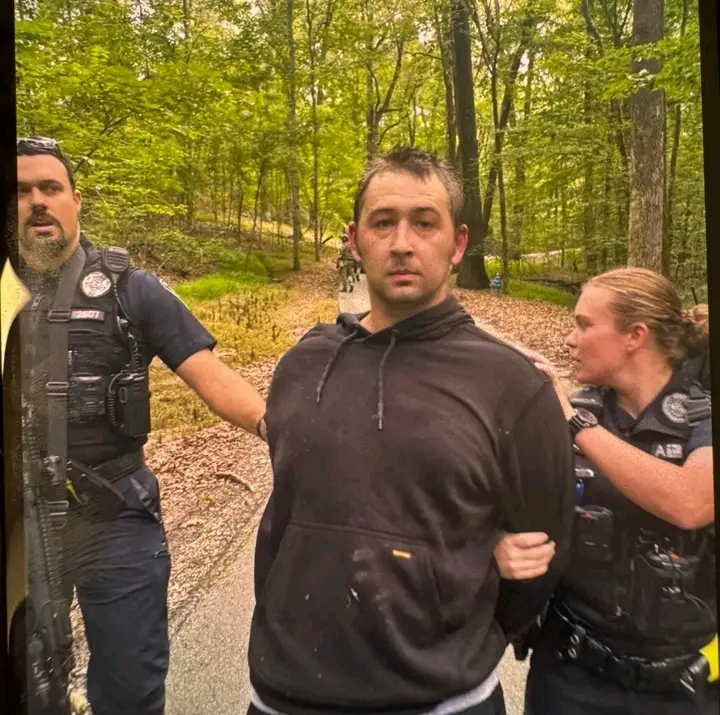In a somber end to one of Tennessee’s most harrowing criminal cases, Byron Black was executed early this morning after last-minute legal attempts to halt the process failed. The case, which has haunted the state for nearly four decades, centered around the brutal 1988 killings of Angela Clay and her two young daughters. Despite ongoing debates about the use of capital punishment and efforts from advocacy groups to seek clemency on various legal and mental health grounds, the execution proceeded as scheduled, marking a grim but decisive moment in Tennessee’s legal history.
The murders took place in a quiet neighborhood in 1988 and sent shockwaves through the local community and beyond. Angela Clay and her daughters were found brutally slain in what authorities described as an act of unspeakable violence. The senseless nature of the crime left residents reeling, not just because of its brutality, but because it destroyed an entire family in an instant. The details of the case were especially disturbing, fueling public outrage and prompting swift legal action. Byron Black was soon identified as the prime suspect, and his trial became one of the most closely watched in the state at the time.
Over the years, the case remained a painful memory for many, particularly those who knew the victims personally. Advocates for justice frequently cited it as a tragic example of why the death penalty should remain an option for the most heinous of crimes. At the same time, others argued that executing Black, who had been on death row for decades, did little to heal the wounds of the past. Legal challenges repeatedly brought his mental health and trial procedures into question, yet none of these efforts ultimately altered the outcome.
As the years passed, Byron Black’s name became emblematic of the long and often controversial road between sentencing and execution in the American justice system. Appeals, reviews, and postponements stretched across decades, creating a legal saga that both frustrated and exhausted those seeking closure. For the surviving relatives of Angela Clay, the execution may offer a degree of resolution, though the emotional scars left by such a devastating loss can never fully fade.
This morning’s execution was not just the final chapter in Byron Black’s legal journey but also a significant moment of reflection for Tennessee. It reignites discussions about justice, accountability, and the complex moral terrain surrounding capital punishment. For many, today marks the long-awaited fulfillment of a promise made to a grieving family nearly 40 years ago: that justice, however delayed, would not be denied.



